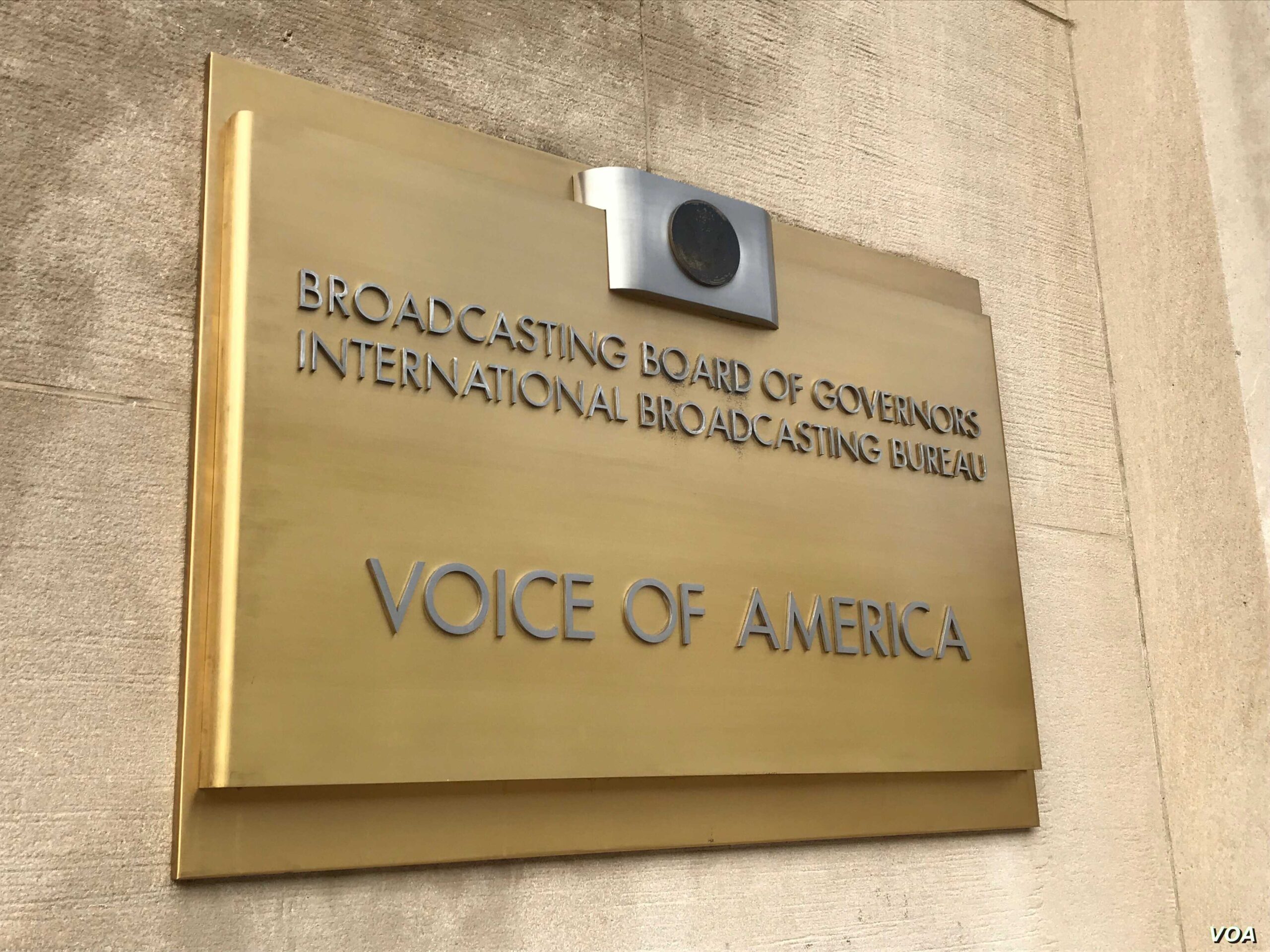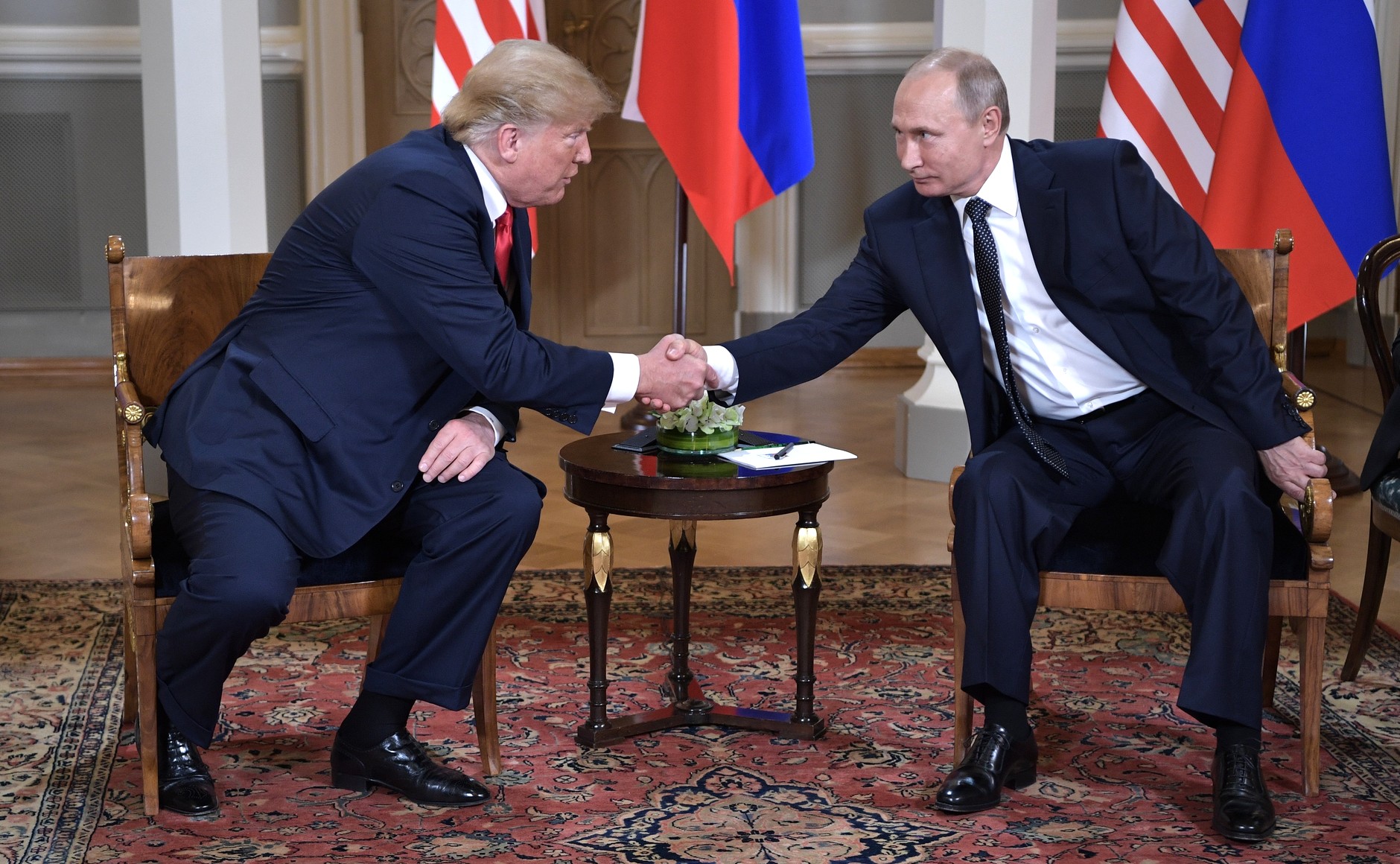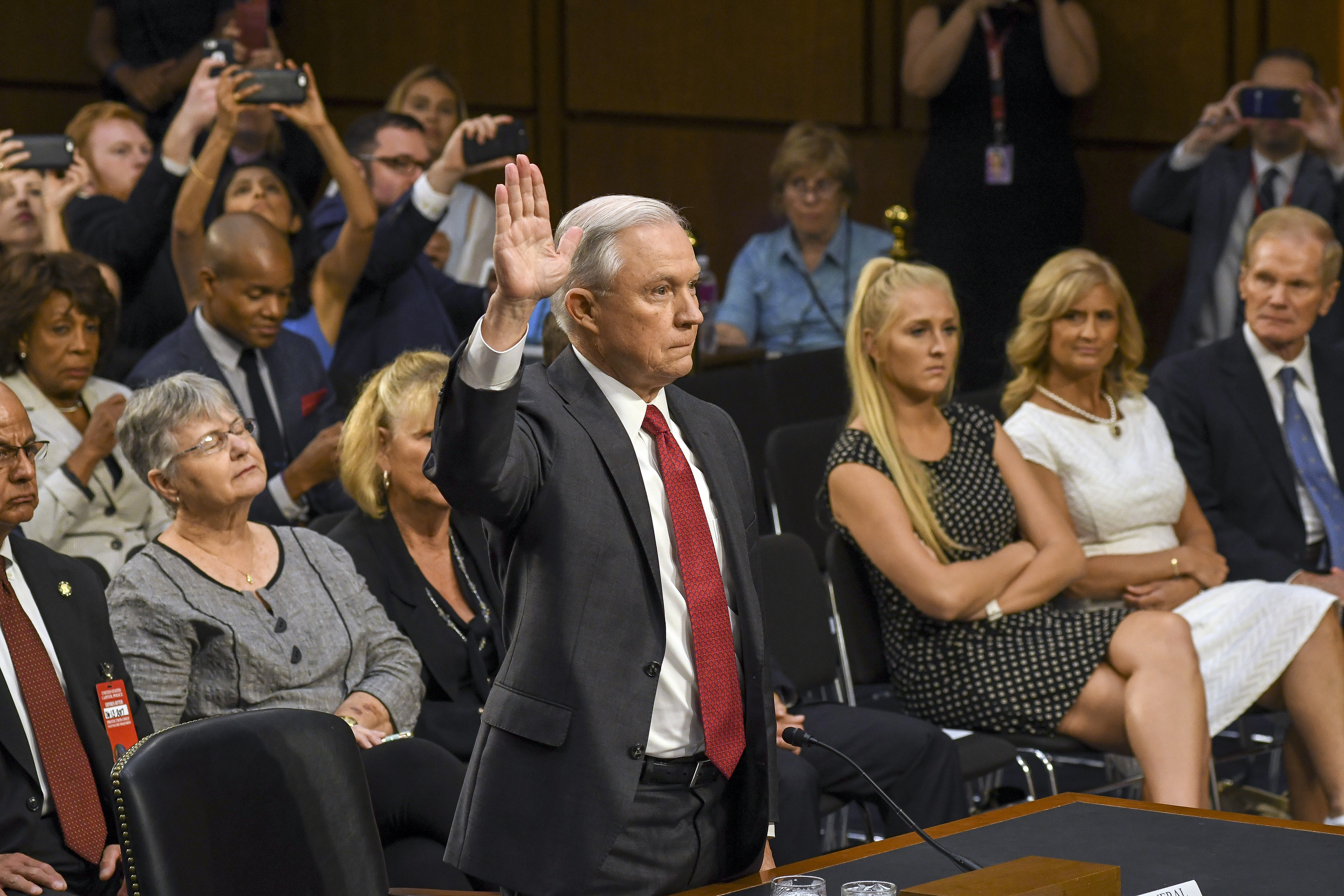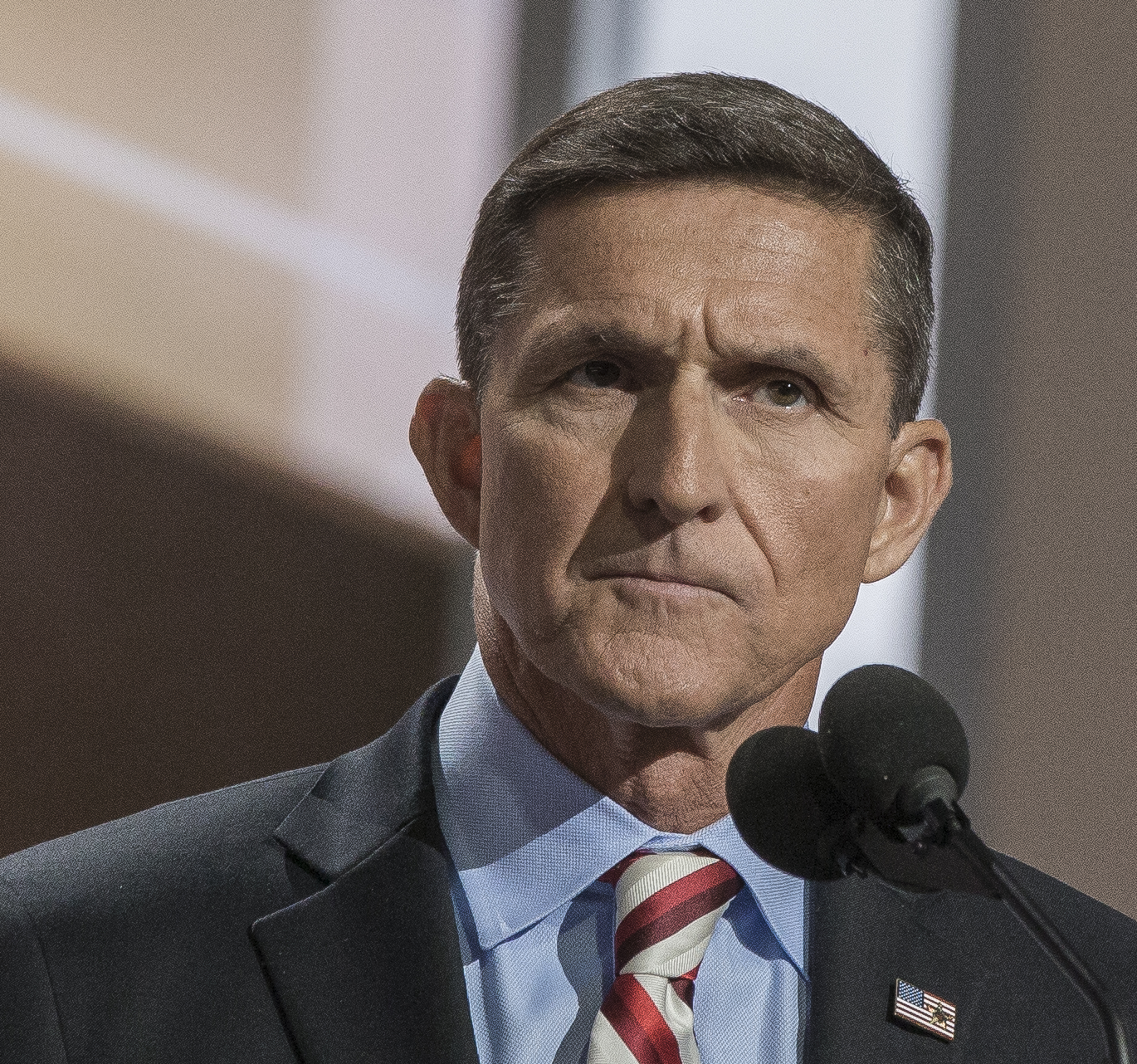
Russian Interference & Trump Administration Actions
We know that the Russian government interfered in the 2016 presidential election to support the Trump campaign, and we know that law enforcement and security agencies of the U.S. government have opened investigations into that interference. A special counsel was appointed to investigate, but it is time for the administration to start telling the truth.

Background
American Oversight launched an investigation to get straight answers to some of the most pressing, non-classified questions about how the Trump administration has conducted itself in the face of the U.S. intelligence community’s conclusions about Russian interference.
Durham’s Investigation into the Russia Probe
In May 2019, Attorney General William Barr directed U.S. Attorney for the District of Connecticut John Durham to investigate the origins of the FBI’s probe into Russian interference during the 2016 election. In a Fox News interview in April 2019, when asked about the progress of Durham’s investigation, Barr called the FBI’s Russia probe “one of the greatest travesties in American history.”
Sudden Halt of Sanctions Against Russian Oligarch
In 2018, Russian oligarch Oleg Deripaska and his associated companies were sanctioned for their involvement with Russian interference in the 2016 election. Although the Treasury eventually lifted sanctions against some of the targeted companies, the agency was also reportedly planning to deliver new sanctions at the end of 2019 but unexpectedly backed off.
ODNI Departures and Dismissals
In February, several senior officials at the Office of the Director of National Intelligence (ODNI), including then-Acting Director Joseph Maguire, announced that they would be stepping down from their leadership roles at the agency. Reporting at the time indicated that Trump removed Maguire after learning that the intelligence community had briefed Congress on Russian interference on his behalf in the 2020 election. Richard Grenell, U.S. ambassador to Germany, subsequently replaced Maguire as acting director despite Grenell’s minimal intelligence experience. For more on our investigation into the president’s purges of government officials for “disloyalty,” go here.
Trump Tower Wiretapping Allegations
On Sept. 1, 2017, the Department of Justice and the Federal Bureau of Investigation officially confirmed that President Donald Trump had lied when he tweeted that former President Obama had “wiretapped” him at Trump Tower. The admission came in a DOJ filing in response to American Oversight’s Freedom of Information Act lawsuit seeking any records related to the alleged wiretapping.
The controversy began when Trump tweeted on March 4, 2017, that former President Barack Obama had placed wiretaps on Trump and entities or associates in Trump Tower for improper purposes during the course of the 2016 presidential campaign.
Terrible! Just found out that Obama had my “wires tapped” in Trump Tower just before the victory. Nothing found. This is McCarthyism!
— Donald J. Trump (@realDonaldTrump) March 4, 2017
When asked about the basis for Trump’s assertions, the White House stated, “He’s the president of the United States. He has information and intelligence that the rest of us do not.”
Former Attorney General Jeff Sessions’s Russian Contacts & Recusal
American Oversight sued the FBI to obtain the page of Sessions’s security clearance application on which he was required to list any foreign government contacts. The form showed that Sessions failed to disclose his contacts with the Russian government — and that he signed the form attesting that he understood the penalty for making false statements.
American Oversight represented People For the American Way in its lawsuit to find out if the FBI really advised Sessions to omit his Russian contacts from his security clearance application, submitted in preparation for his role as attorney general, as the DOJ claimed. The suit was voluntarily dismissed following the FBI’s production of a single email indicating that an FBI employee did not recall providing Sessions advice on excluding any foreign contact from his application.
Separately, American Oversight sought documents related to Sessions’s decision to recuse himself from matters related to the 2016 campaign. On March 2, 2017, the Washington Post reported that Sessions would recuse himself from investigations related to the campaign, but apart from Sessions’s initial statement to the press, we don’t know exactly what this recusal includes, as the formal document has never been released to the public. Sessions left his position as attorney general in November 2018.
Firing of FBI Director James Comey
On May 9, 2017, Trump fired FBI Director James Comey, ostensibly over Comey’s actions during the 2016 presidential campaign. Trump administration officials gave multiple, conflicting explanations for the firing — culminating with Trump explicitly stating that he made the decision to fire Comey because of the FBI’s continuing investigation of connections between the Trump campaign and Russia.
Political Interference at the FBI
According to news reports, former White House Chief of Staff Reince Priebus had contacted the FBI in February 2017 to ask the agency to knock down reports about communications between Trump’s associates and Russians during the 2016 campaign. Such a request would be in violation of longstanding principles preventing political interference with law enforcement proceedings — and American Oversight sued the DOJ and FBI to release any records of Priebus’s communications regarding this issue.







